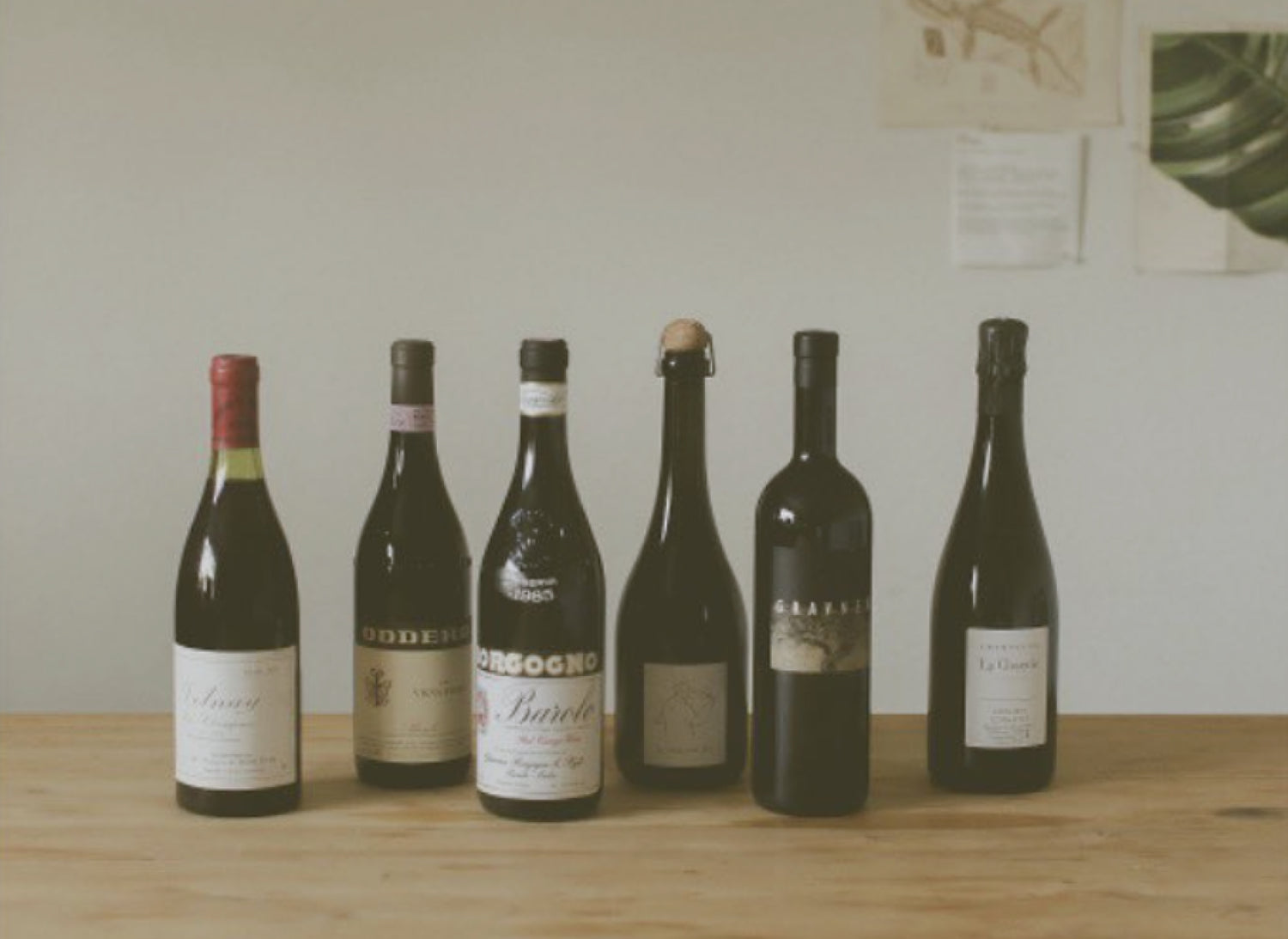Marcel Deiss is one of the great domains of the Alsace. Helmed by Jean-Michel Deiss, known in Alsace for being a, or shit-stirrer, Deiss works a trickster’s charm on the region. His great turning came with the astonishing gift of the Grand Cru Schoenenbourg by a dying friend. When he went into the ancient vine rows, he found that the plantings were not only riesling, but rather a field blend that added muscat, pinot gris, and pinot noir. He was sure in this he'd found a key of sorts to the wines he'd been long reaching for. He immediately went about replanting the rest of his (also impressive) vineyards with blends of ancestral Alsatian varietals as had been the norm in Alsace for ages.
He has been instrumental in modernizing the wine laws of Alsace, though some of his campaigns are ongoing. He is intent on restructuring the cru system, in broadening the list of grapes authorized to be planted to include ancestral varietals, and in encouraging field blends in the old great vineyards. His farming is organic and biodynamic and has been for decades. Incredible care has been taken in returning the winemaking practices of the domain to methods that were used in Alsace’s long-past. The results are ever beguiling.
Engelgarten, meaning Garden of the Angles, is one of the great terroirs of Bergheim. It is one of the vineyards Marcel Deiss self-designated as 1er cru. Many of the vines are over 50 years old, and Deiss farms them as though they are part of his family. Following his now famous blend of varietals, this cru contains muscat, riesling, pinot gris, and pinot noir.
The terroir is white soil and gravel (or Graves) that drains easily to produce a perfect amount of hydric stress, concentrating the grapes. The vines are planted at a very high density to further reduce yields. Deiss manually weeds and prunes. The vines are horse ploughed and fertilized with compost. The grapes undergo a careful hand harvest after which they are pressed whole-cluster off the skins and then aging for a year on the lees in old foudres.
The complexity of this wine is stunning! Bone-dry, a perfect lily hangs over the glass in brilliant resolution. The palate is all Green Gage plums, narcissus, honeysuckle, lemons, lychee, and cream. A wild perfume and freshness greet each sip.

